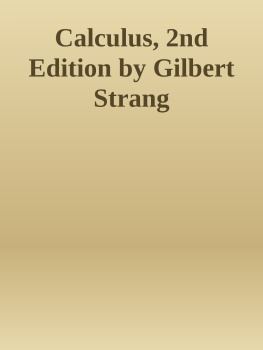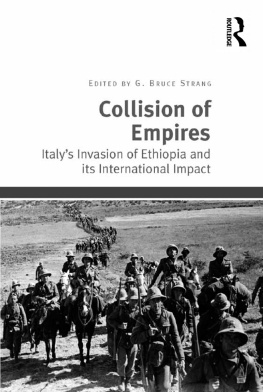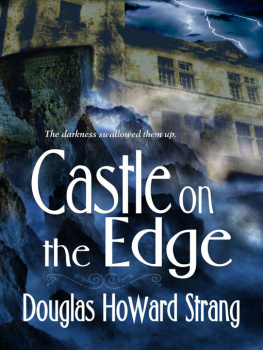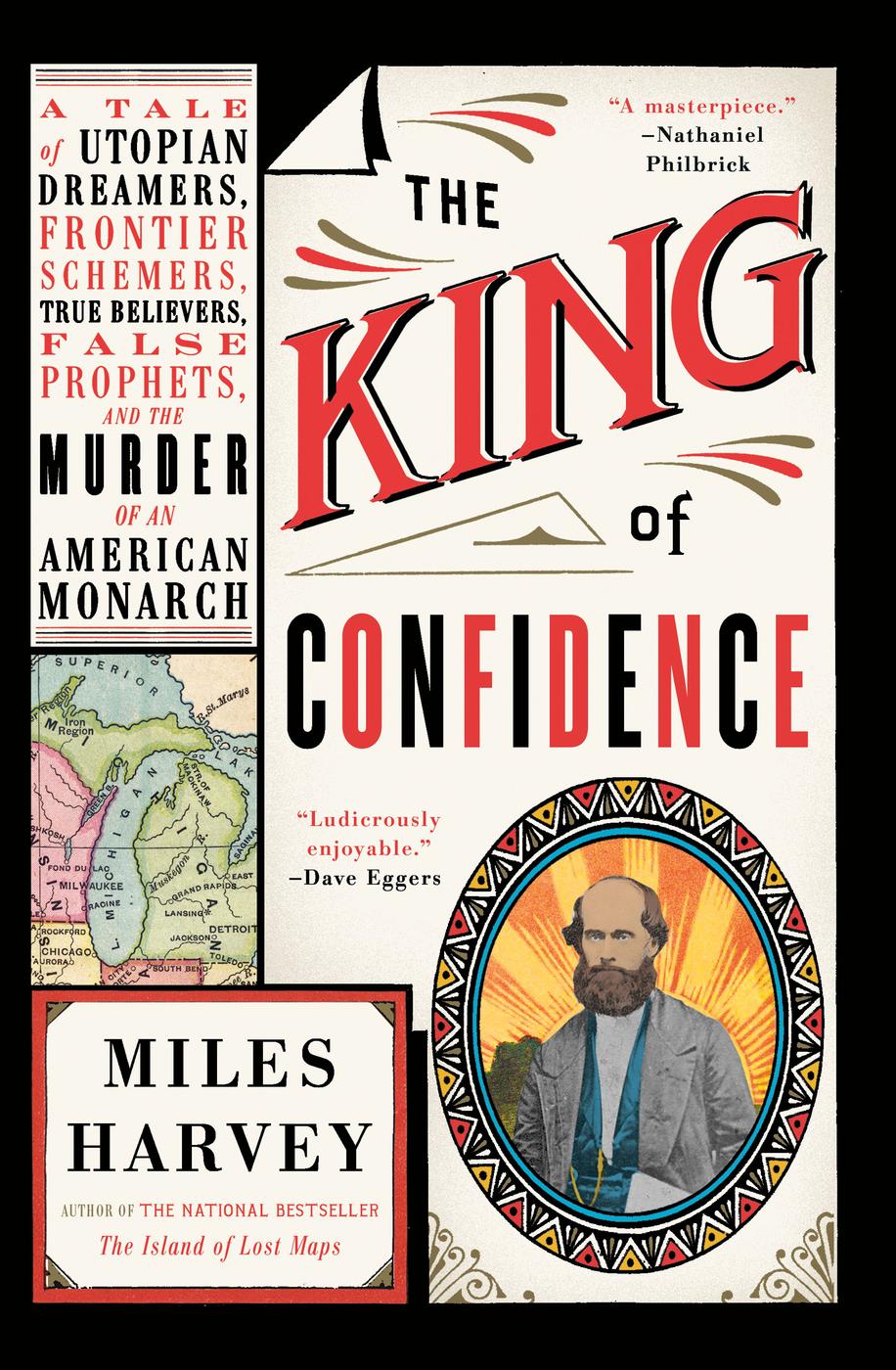Hachette Book Group supports the right to free expression and the value of copyright. The purpose of copyright is to encourage writers and artists to produce the creative works that enrich our culture.
The scanning, uploading, and distribution of this book without permission is a theft of the authors intellectual property. If you would like permission to use material from the book (other than for review purposes), please contact permissions@hbgusa.com. Thank you for your support of the authors rights.
Little, Brown and Company is a division of Hachette Book Group, Inc. The Little, Brown name and logo are trademarks of Hachette Book Group, Inc.
The publisher is not responsible for websites (or their content) that are not owned by the publisher.
The Hachette Speakers Bureau provides a wide range of authors for speaking events. To find out more, go to hachettespeakersbureau.com or call
(866) 376-6591.
The Island of Lost Maps
Painter in a Savage Land
For Maggie Garb, Sheryl Larson,
and Erol Altay
______
Passing stranger! you do not know how longingly I
look upon you,
You must be he I was seeking, or she I was seeking,
(it comes to me, as of a dream,)
I have somewhere surely lived a life of joy with you
Walt Whitman
Explore book giveaways, sneak peeks, deals, and more.
Tap here to learn more.

In which an angel watches a man fall from a
window in Illinois, then flies to Wisconsin with
pressing business
z
I dont blame anyone for not believing my history. If I had not experienced what I have, I would not have believed it myself.
Joseph Smith
A N ANGEL WATCHED THE MOB EMERGE FROM THE WOODS AND steal single file along an old rail fence toward the town jail. Although the men, more than 100 strong, attempted to hide their muskets and rifles by keeping the long barrels close to the ground, the angel was not deceived. Nor was he fooled by the mud and gunpowder with which they had blackened their faces in disguise. Whether the murder that these men were about to commit was an act of sacred purification or an abomination against God, whether it would earn the killers an exalted place in heaven or instead secure their eternal damnationthese were celestial mysteries to which the angel alone on earth knew the answers.
History, however, must adhere to the facts. It was Thursday, June 27, 1844, in Carthage, Illinois, some dozen miles from the banks of the Mississippi River. The time was around five oclock in the evening. When the men reached the jail, they surrounded it and a host of them rushed the entrance. One of the guards fired shots from the front steps but no one in the mob fell, after which the men pushed past the guards and stormed up the stairs, blasting their weapons as they stumbled toward a second-story room. Barricaded inside, along with three associates, was the one they had come to kill.
In the instant before the assailants reached his room, that man readied a six-shooter, smuggled in by one of his supporters. While the angel was no doubt able to peer through the walls of the jail and deep into the mans soulhis fears, his regrets, his thoughts about his rapidly dwindling time on earthhistory can record only that his name was Joseph Smith, that he was thirty-eight years old, and that he was the founder of the Church of Jesus Christ of Latter-day Saints.
Bullets ripped through the wooden door. Splinters flew. One of the other prisoners slumped to the floor, uttering, I am a dead man. And now the mob pushed into the room, and now the one they had come for fired his gun, and now his bullets were spent, and now he rushed to an open window, and now he flexed to jump, and now he was shot in the back and then, from below, in the chest, and again in the back.
O Lord, my God, he yelled as he plummeted toward the earth.
Let us stop him there for a moment, frozen in time, arms outstretched, eyes wide open to take in his fate. And if the image of a doomed man suspended in midair seems somehow implausible, is it any less plausible than the rest of Smiths life? Is it plausible, for instance, that a down-and-out driftera person with only a rudimentary education, who spent much of his time hunting for buried treasure with a divining rod, who was described by those who knew him as indolent, ignorant, prevaricating, and shiftlesswould be the one man singled out by God to found a new church, to produce a radically new holy book, and to ready the way for Christs return to earth? Is it plausible that angels fluttered about the American wilderness watching over this man? Or that one of them, a celestial being with the unlikely name of Moroni, had suddenly appeared at his bedside in rural New York one night to reveal the existence of golden tablets that would change the course of history? Or that those tabletscontaining a heretofore unknown account of the ancient inhabitants of the Americas, as well as a detailed chronicle of mankinds futurejust happened to be buried a few miles from the mans house? Or that these prophecies were written in Reformed Egyptian, a language unknown to scholars, and absent from the historical record, before or since? Or that the man was miraculously able to read this lost language, thanks to a supernatural pair of seer stones called the Urim and Thummim? Or that he was somehow able to produce this new bible, nearly 600 pages long, in less than three months? Or that after he was done translating the golden tablets, he gave them back to the angel Moroni, thus eliminating any means of independently verifying his own story?
Is it plausible, moreover, that despite the fact that the Book of Mormon was full of faulty grammar and anachronisms, despite the fact that it repeated the phrase and it came to pass an estimated 2,000 times, despite the fact that many readers found it impossibly dull (chloroform in print, in the words of Mark Twain), despite the fact that even Smiths own hometown newspaper called it the greatest piece of superstition that has come to our knowledge, the man soon began gaining large crowds of enthusiastic followers? Is it plausible that, even as he hurtled toward the ground, his new religion, not yet fifteen years old, could claim at least 25,000 converts in America and Europe? Or that just twenty miles from this lonely jailhouse his people had built their own citya city from which a huge Greek revivalstyle temple was beginning to rise over the Mississippi River, a city with more than 10,000 residents, many of them all the way from England, a city that at the moment of its founders death rivaled Chicago as the most populous in Illinois?
And what of Smiths own transformation? How had this most ragged, lazy fellow, in the words of one of his earliest supporters, managed in just a few short years to metamorphose into a prophet, seer, and revelator, as well as the mayor of the city of Nauvoo, the supreme justice of its court, and the general of a powerful militia? What were the odds that he would take as many as forty women as polygamous wives? Or that, at this very moment, he would be a candidate for president of the United States? Or that he would make so many enemies at every juncture that his people would be driven from their settlements first in Ohio, then Missouri, and, in the very near future, from Illinois, so many enemies that those waiting for him below the window would not be satisfied until they filled his lifeless body with more bullets than even the angel could count?












